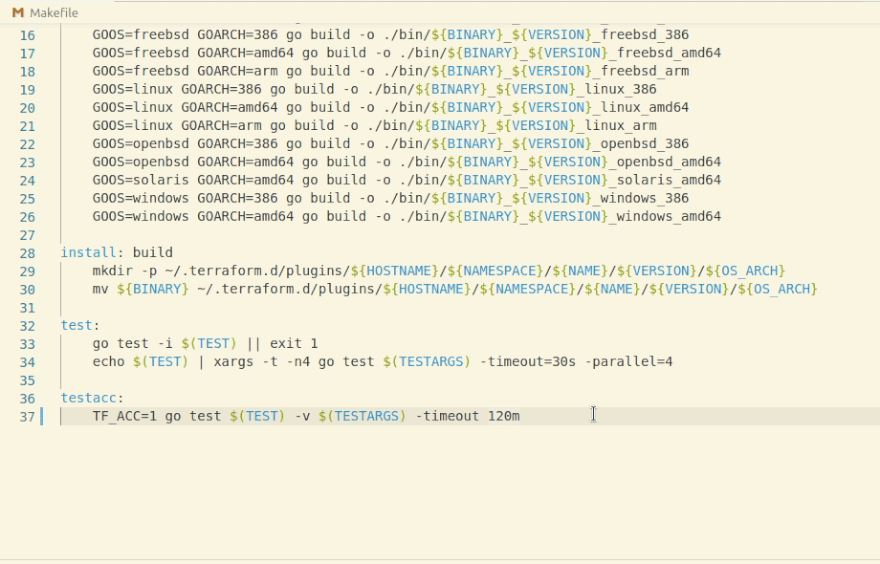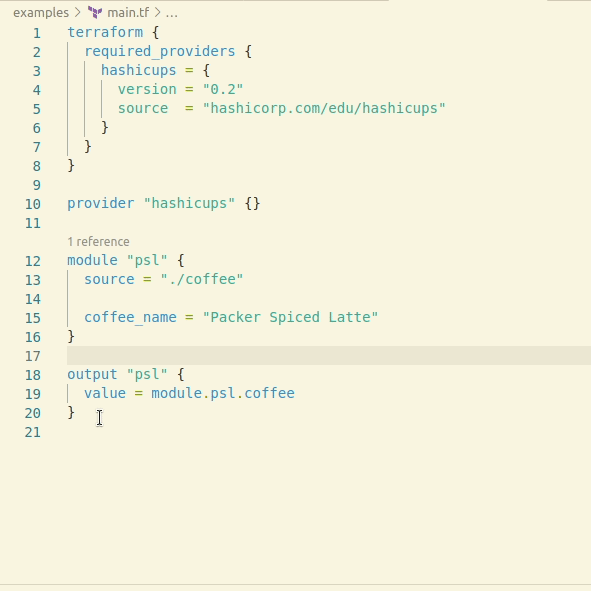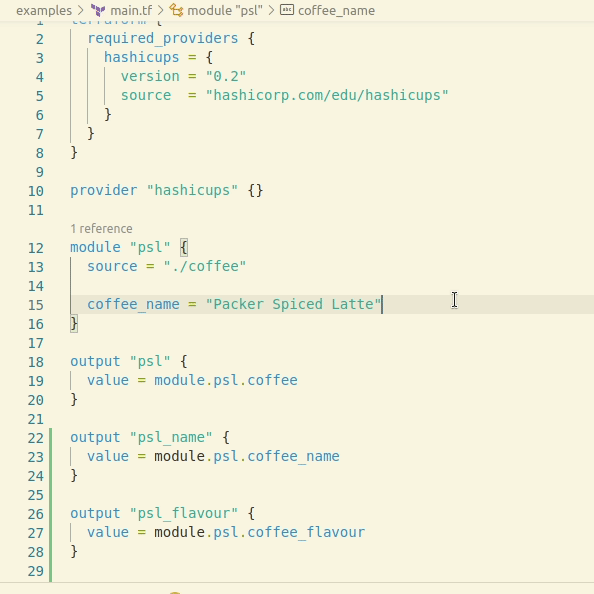Introduction
So after a long wait in the waiting list, I've finally been able to get my hands on GitHub's co-pilot.
If you're not familiar with co-pilot, check it out here.
It's been a couple of weeks since copilot's been setup on my VSCode and I must say, this looks really promising!
Since working with Terraform is part of my day job, I was curious to see how it would perform as my co-pilot declaring resources through it on my personal device. So this article focuses on its Terraform prowess.
Terraform and Co-pilot
It was impressive to see the bot recognise my coding style and immediately infer what I was trying to do. However, it didn't fully understand my intentions until I was a little further into the code.
The gif below shows copilot trying to guess what I'm trying to do:
Below is where it truly shines by making meaningful suggestions to my output resource.
While not mind-blowing, it can save time by suggesting something you would either type yourself anyway of copy from somewhere else.
Here's another example; I added some extra variables to the module to test whether co-pilot would detect those and try to suggest them as outputs. To (or not, at this stage) my surprise, it did!
What about Makefiles?
My quick test with a go-project makefile seems shows fruitful results.The co-pilot made a great suggestion for a makefile target to release the binary with version and platform suffixes! Well done co-pilot ;)

Final thoughts
Is co-pilot more than just a copy-paste bot? Well, I think so. It's impressive that it understands and makes mostly good suggestions for Terraform, I can imagine how good it would be for other more widely available languages on GitHub.










Top comments (0)